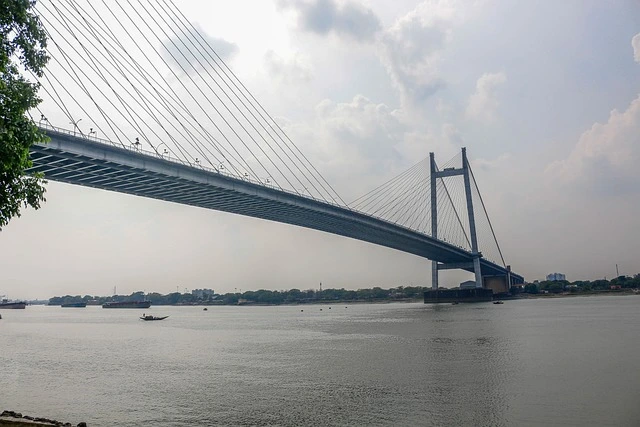NGT flags ecological threat to West Bengal river basin
ASANSOL — The National Green Tribunal (NGT) has raised serious environmental concerns over ongoing sand dumping activities in the Subarnarekha river basin near Asansol. In a recent hearing, the tribunal called for immediate investigation and corrective measures, citing violations of ecological norms and potential damage to the river’s biodiversity.
According to reports submitted by local environmental watchdogs, several private leaseholders have been using heavy machinery to extract and dump sand beyond permitted zones. “The scale of operations is far beyond what was sanctioned, and the riverbank is suffering erosion,” said Shantanu Dey, a member of the Paschim Bardhaman Green Forum.
Disruption to aquatic life and nearby agriculture
Environmentalists warn that unchecked sand mining is threatening aquatic ecosystems and affecting nearby agricultural zones. The river, which serves as a water source for local farms and villages, is experiencing sediment imbalance. “If the flow changes, farmers downstream will face water shortage in the dry season,” said Prof. Anjali Sen, an ecologist from Kazi Nazrul University.
Fishermen from the nearby villages have also reported declining catches. “The fish used to be plentiful around this time of year,” said 45-year-old resident Gokul Mahato. “Now the nets come up empty.”
Administrative delay adds to the crisis
Despite repeated complaints, action from local authorities has been limited. Activists claim that some leaseholders continue operations without valid environmental clearances. “There’s a nexus between contractors and a few officials — that’s why enforcement is slow,” alleged environmental lawyer Kaustav Das, who petitioned the NGT.
The tribunal has now instructed the West Bengal Pollution Control Board and the district administration to file an action-taken report within four weeks. Failure to comply could result in penalties and suspension of mining licenses.
Public support growing for river conservation
Citizen groups have started awareness drives across Asansol and surrounding areas. Rallies, poster campaigns, and social media advocacy are gaining momentum, particularly among students and professionals. “It’s our river, and we must act before it’s too late,” said Rajshree Bhagat, who leads a college environment club.
Environmental experts stress that sustainable sand extraction practices, clear zoning, and stronger monitoring are essential. “We are not against development,” said Prof. Sen, “but if we destroy rivers for short-term gain, there will be nothing left to save.”



